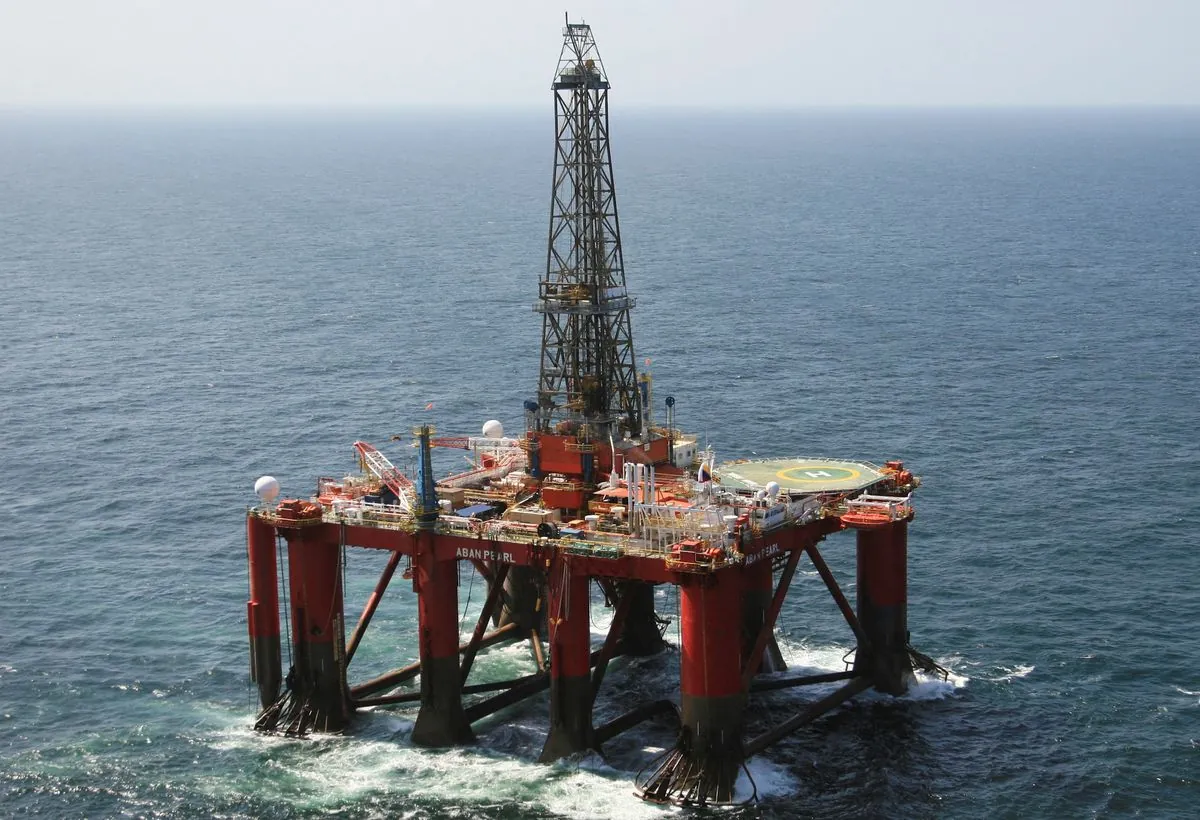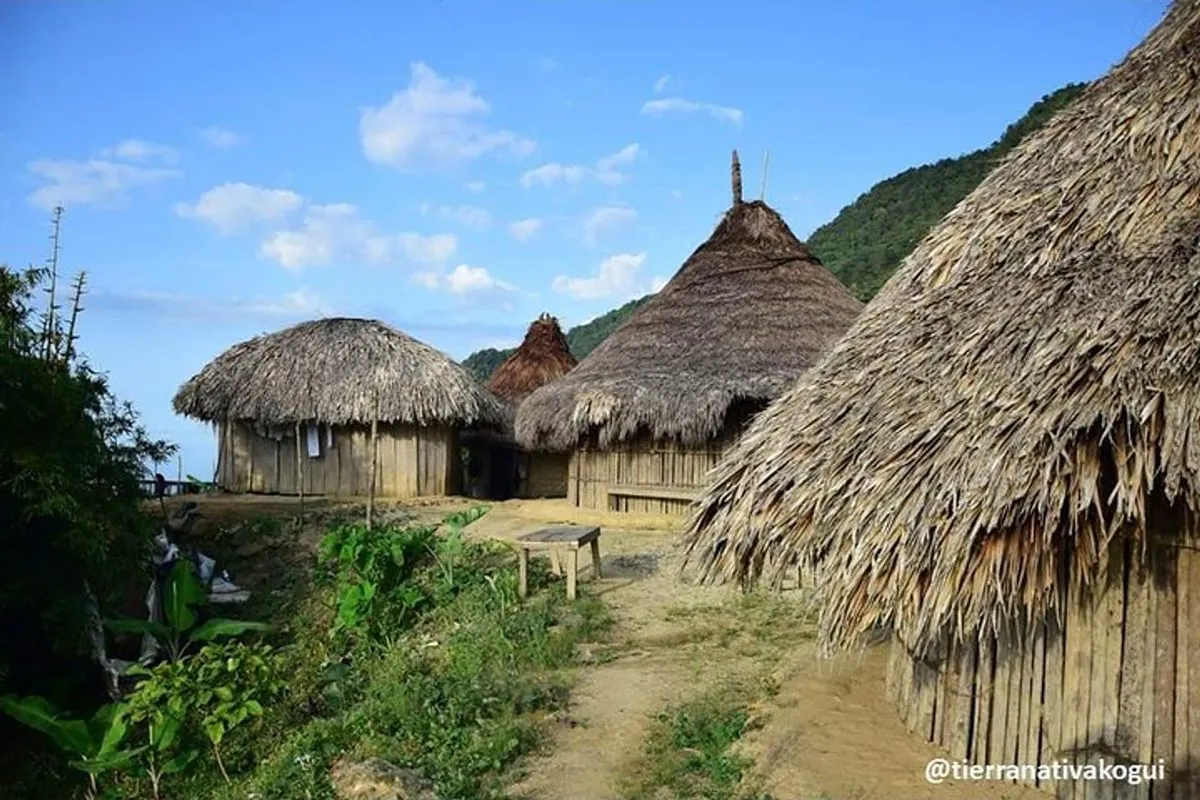Colombian Court Halts Ecopetrol-Petrobras Gas Well Over Indigenous Consultation
A Colombian court orders Ecopetrol and Petrobras to suspend operations at the Uchuva-2 offshore gas well due to inadequate Indigenous consultation. The companies must plan talks with the Taganga community within 30 days.

In a significant development for Colombia's energy sector, a court has mandated the suspension of activities at the Uchuva-2 offshore gas well. The ruling, issued on September 11, 2024, affects operations conducted by Ecopetrol, Colombia's majority state-owned energy company, and its Brazilian partner Petrobras.
The court's decision stems from the companies' failure to adequately consult with the Indigenous Council of Taganga regarding exploration and production activities at the well. Located in the Tayrona block of Colombia's Caribbean waters, the project has now been halted pending proper engagement with the local community.

The ruling stipulates that within 30 days, Ecopetrol and Petrobras must initiate plans for a comprehensive consultation process with the Taganga Indigenous group. This consultation is required to adhere to international and constitutional standards, ensuring the community's effective participation throughout all stages of the process.
"This consultation must be carried out in accordance with international and constitutional standards, guaranteeing the effective participation of the Indigenous Council of Taganga community in all stages of the process."
The Tayrona block, where the Uchuva-2 well is situated, is operated by Petrobras, which holds a 44.4% stake, while Ecopetrol maintains the majority share at 55.6%. As of the report date, neither company had provided an immediate response to requests for comment on the court's decision.
This case highlights the complex interplay between energy development and Indigenous rights in Colombia. The country's constitution recognizes the right of Indigenous communities to be consulted on projects affecting their territories, a principle that has gained increasing prominence in recent years.
Colombia has been actively working to increase its oil and gas reserves, with offshore exploration in the Caribbean Sea representing a relatively new venture for the nation. The Uchuva-2 well is part of these efforts to boost natural gas production and strengthen the country's energy sector, which plays a crucial role in the economy.
Ecopetrol, as Colombia's largest company and one of the main integrated energy firms in the Americas, finds itself at the center of this legal challenge. Similarly, Petrobras, Brazil's state-controlled oil company and a major player in Latin American oil production, brings extensive offshore drilling experience to the project.
The court's ruling underscores the growing importance of social and environmental considerations in energy projects. It also reflects broader tensions between resource extraction and Indigenous rights that have been observed across many Latin American countries.
As the 30-day deadline approaches, all eyes will be on Ecopetrol and Petrobras to see how they navigate the consultation process with the Taganga community. The outcome of this case could have significant implications for future offshore energy projects in Colombia and potentially set precedents for Indigenous consultation in the region.


































